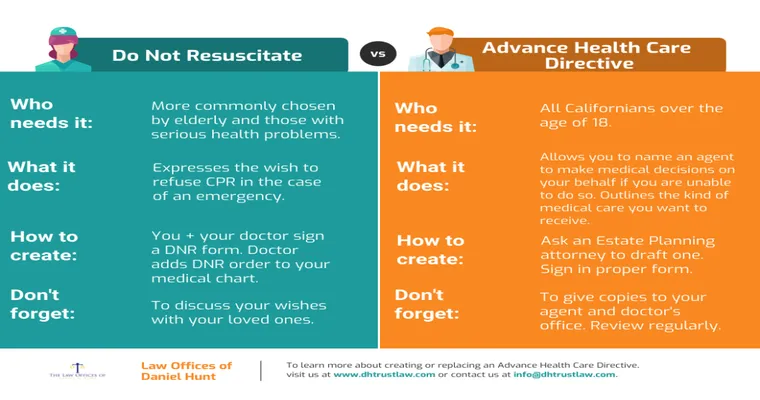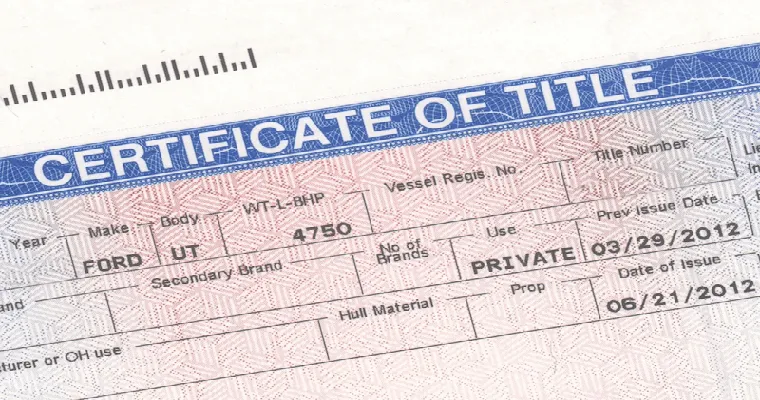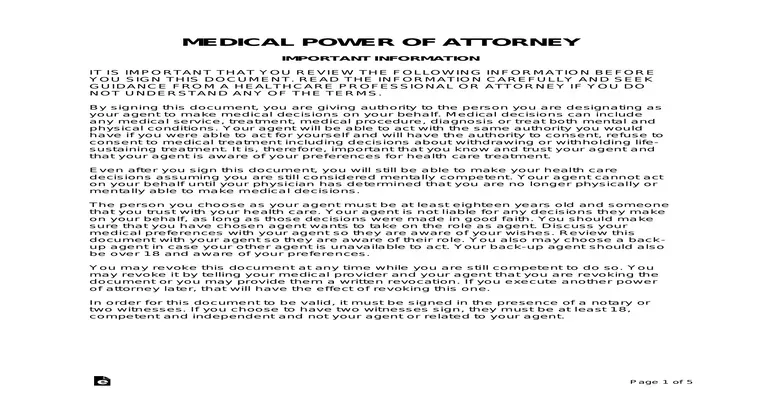Navigating the complexities of "assisted living", "medical directives", and "competency" can be emotionally challenging for families. When a loved one, such as your mom, has explicitly stated her wishes against "assisted living" in her "medical directive", but has since been deemed incompetent, it raises critical questions about the best course of action. Understanding the options available is essential for both honoring her wishes and ensuring her well-being.
Understanding the Medical Directive
A "medical directive" is a legal document that outlines an individual’s preferences for medical treatment and care in the event that they can no longer communicate those wishes. In this case, your mom’s refusal of "assisted living" signifies her desire to maintain independence and avoid institutional care. However, when a person is deemed incompetent, the authority to make decisions may shift to family members or legal representatives, creating a complex situation.
Assessing Competency
Before moving forward, it is crucial to understand how competency is assessed. Competency typically involves evaluating an individual's ability to make informed decisions about their care. If your mom has been declared incompetent by a medical professional, it means that she is unable to understand or communicate her needs and preferences effectively. This determination can be temporary or permanent, depending on her medical condition.
Options Available for Care
1. "Consult with Legal Professionals": Given the complexities involved, consulting with an attorney who specializes in elder law can provide clarity. They can help interpret the "medical directive" and advise on the legal implications of your mom's current status.
2. "Explore Alternative Care Options": While your mom may have refused "assisted living", there are alternative care options that can be explored. In-home care services, adult day programs, or even family caregiving can provide support while respecting her preference for independence.
3. "Seek Guardianship or Power of Attorney": If no power of attorney is in place, family members may need to seek guardianship. This legal process allows someone to make decisions on behalf of your mom, ensuring that her best interests are prioritized while still considering her previously expressed wishes.
4. "Review the Medical Directive": It's essential to revisit the "medical directive" and discuss it with healthcare providers and family members. In some cases, a "living will" or other advance care plans may offer additional guidance on your mom's preferences regarding healthcare decisions.
5. "Involve a Mediator": If family disagreements arise regarding care options, involving a neutral mediator can facilitate discussions and help reach a consensus that honors your mom’s wishes while ensuring her safety and well-being.
Conclusion
Dealing with a situation where mom had refused "assisted living" in her "medical directive" but has since been deemed incompetent can be overwhelming. It is important to approach the situation with sensitivity and a clear understanding of the available options. By consulting legal professionals, exploring alternative care solutions, and involving the family in discussions, you can navigate this challenging time while honoring your mom’s wishes and ensuring she receives the care she needs. Remember, the goal is to uphold her dignity and preferences to the best of your ability.





